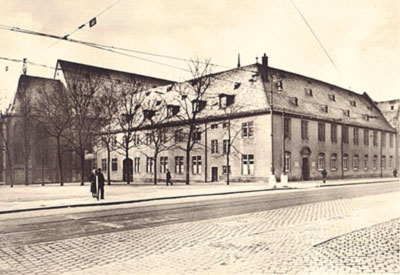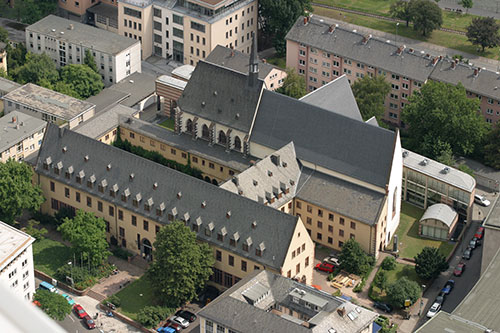History
Frankfurt's Historical Museum had an Archaeological Department from the end of the 19th Century, with collections of old indigenous and Classical artefacts. Divergence of responsibilities and lack of space led to the foundation of a separate Museum für heimische Vor- und Frühgeschichte (Museum of Indigenous Pre- and Early History) in 1937.




